In our ever-evolving world, the intersection of religion and politics remains a subject of both awe and controversy. Monotheism, the belief in a single divine entity, has played a crucial role in shaping political systems and ideologies throughout history. By examining this intricate relationship, we embark on a thought-provoking journey that unravels the moral dimensions of governance and explores the implications of intertwining religious beliefs with political decision-making.
The Historical Footsteps
Throughout history, monotheism has been intrinsically linked to political power and influence. Ancient civilizations forged divine connections with their rulers, elevating them to god-like status to ensure loyalty and obedience from the populace. From the pharaohs of Egypt to the emperors of Rome, the fusion of religion and politics became a recipe for controlling society. Today, this historical precedent echoes in our modern world, where monarchs and religious leaders command unwavering allegiance through intertwined religious and political systems.
The Clash of Separation
In stark contrast to monotheistic governance, modern democratic societies emphasize the separation of church and state. The revolutionary concept of secularism emerged from the Enlightenment, paving the way for a system where political decisions would be driven by reason rather than religious doctrine. This separation sought to protect individual freedoms and prevent the monopolization of power by religious institutions.
However, the separation of religion and politics remains far from absolute. In contemporary societies, religious beliefs often shape political ideologies and influence the decision-making process of elected officials. From debates on abortion to discussions on the rights of the LGBTQ+ community, moral and ethical values rooted in religious doctrines continue to penetrate policy-making chambers. Consequently, the tenuous balance between maintaining individual rights and accommodating beliefs becomes a complex and contentious challenge in democratic societies.
The Dilemma of Representation
The intersection of monotheism and politics raises fundamental questions about representation. In nations where the majority follows a particular faith, how can religious minorities find their voices heard and their interests protected? Conversely, when religious doctrines conflict with prevailing societal values, should a government cater to the religious beliefs of its citizens or prioritize individual rights? These dilemmas underscore a struggle between preserving religious freedom and safeguarding the rights of all citizens.
Moreover, the influence of religion in politics risks the imposition of dogma upon nonbelievers, potentially undermining the core principle of equality. As technology rapidly expands our interconnectedness, ensuring the inclusion and acceptance of diverse beliefs becomes more critical than ever. Striking a delicate balance where monotheistic values coexist harmoniously with other religious and secular perspectives requires nuanced and ethical leadership.
The Road Ahead
As we navigate the complex landscape of monotheism and politics, we must seek a path that respects diverse beliefs while promoting social cohesion and progress. Political decisions that shape our societies demand a careful evaluation of the moral implications, particularly when influenced by religious convictions. A continual critical examination of the nexus between religion and politics is necessary to safeguard individual rights, foster social integration, and build a more inclusive world.
Conclusion
The ever-present entanglement of monotheism and politics begs us to explore the ethical dimensions of governance. Acknowledging the historical context while recognizing the importance of secularism, we find ourselves grappling with questions about representation, individual rights, and societal progress. By fostering enlightened discussions and promoting reflection, we can move towards a future where the nexus of religion and politics is navigated with sensitivity, respect, and genuine regard for the diverse beliefs that shape our world.
Let us set sail on this uncharted sea of contemplation, embracing the complexities of monotheism, politics, and their profound impact on the moral tapestry of our societies.
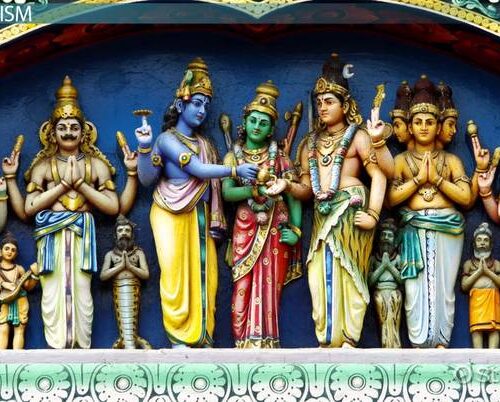
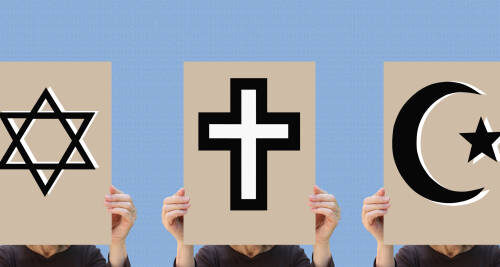
 The
The 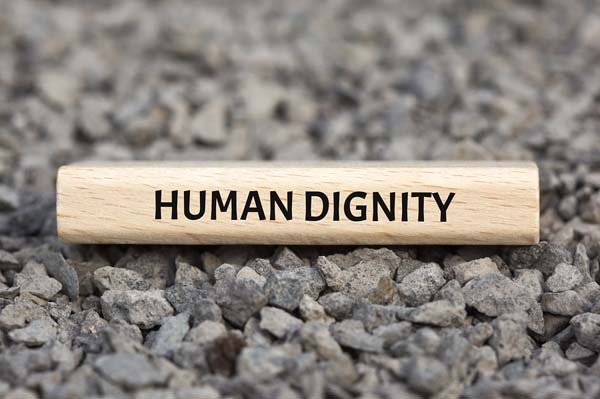 Human Dignity and Worth
Human Dignity and Worth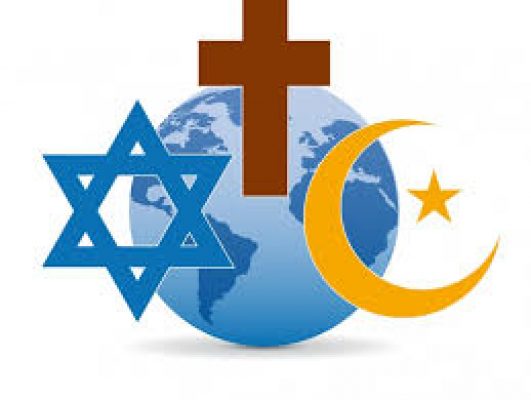 Monotheism and Modern Human Rights
Monotheism and Modern Human Rights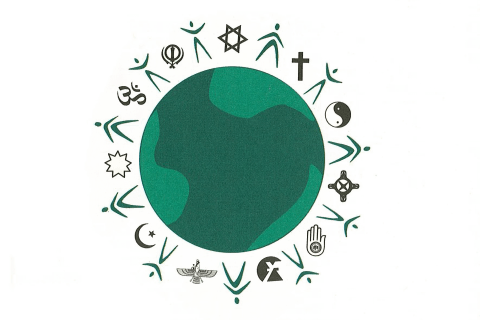
 Stewardship and Responsibility
Stewardship and Responsibility Policy-Making and Eco-Justice
Policy-Making and Eco-Justice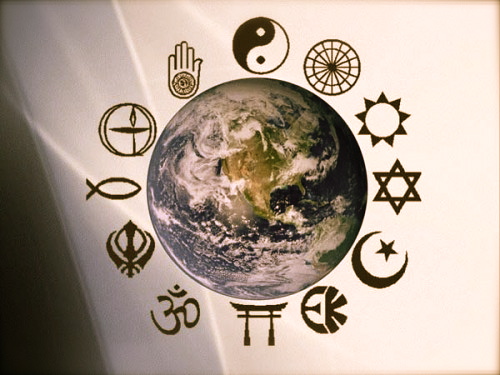
 Religious Diplomacy
Religious Diplomacy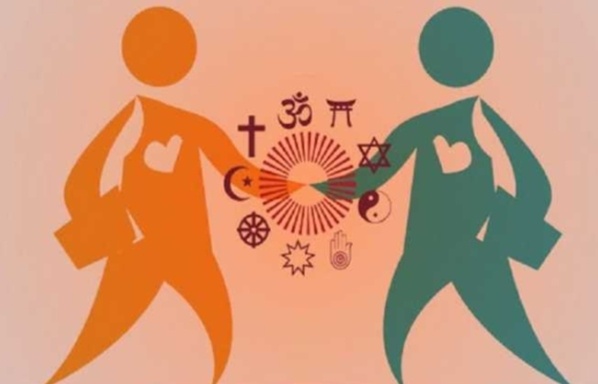 Interfaith Dialogue and Peacebuilding
Interfaith Dialogue and Peacebuilding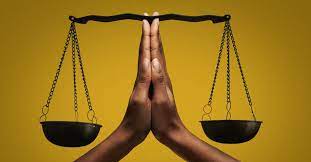
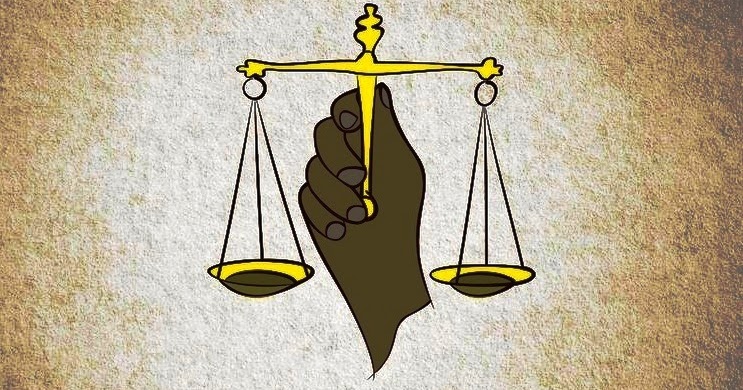 Monotheistic Roots of Social Justice
Monotheistic Roots of Social Justice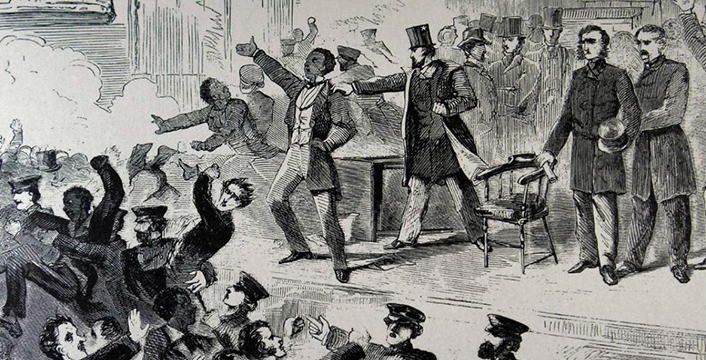 Historical Examples
Historical Examples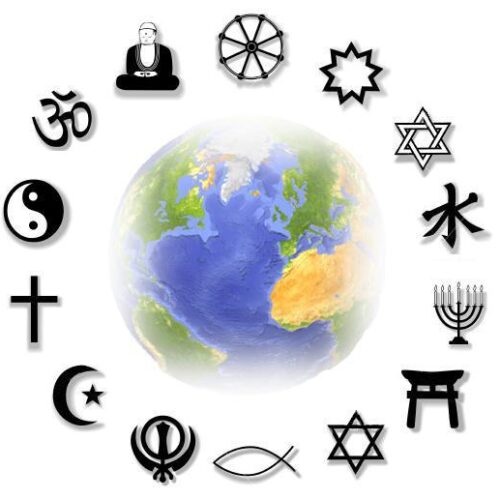
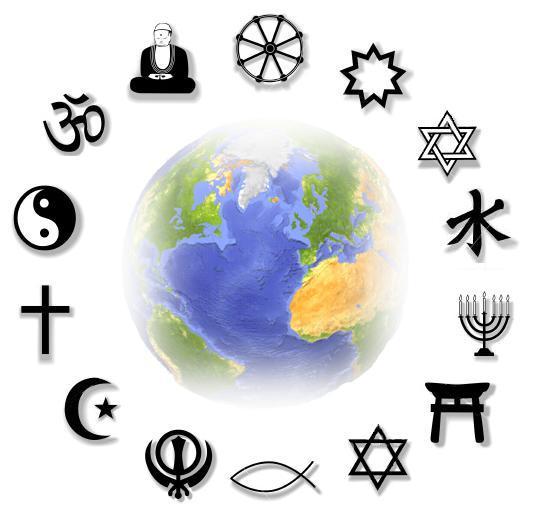 Religion has long been a potent force shaping the trajectory of societies and their governance. In contemporary times,
Religion has long been a potent force shaping the trajectory of societies and their governance. In contemporary times, 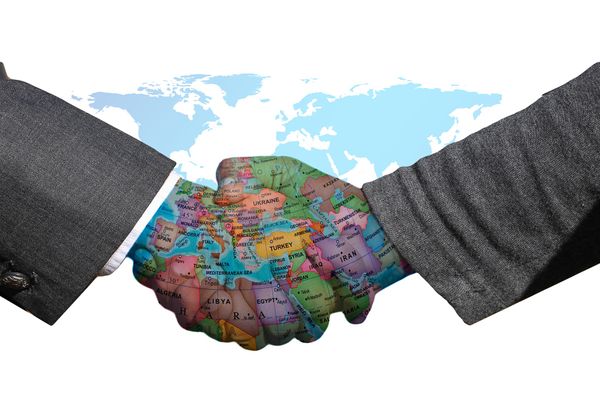 Global Diplomacy and Conflict Resolution
Global Diplomacy and Conflict Resolution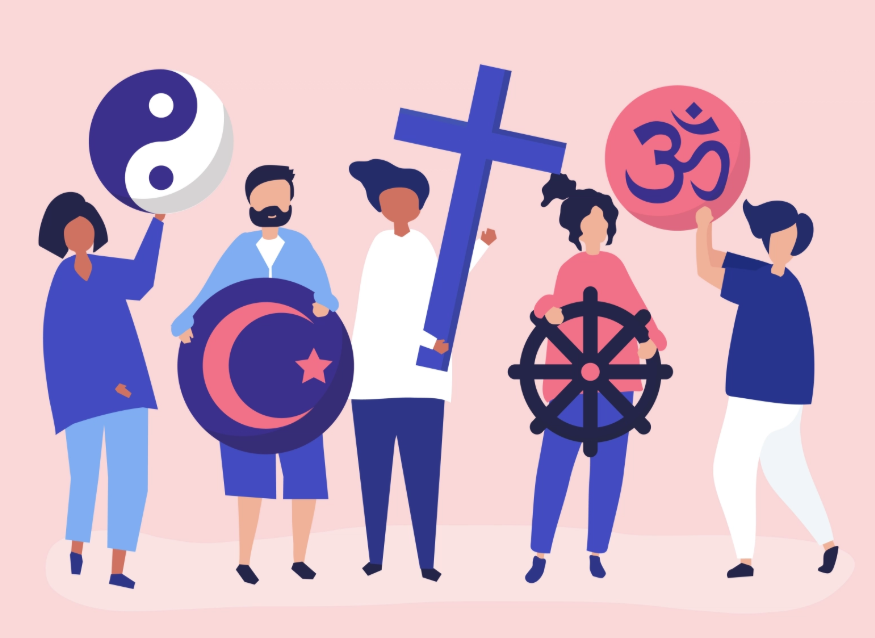 Secularism and Religious Freedom
Secularism and Religious Freedom